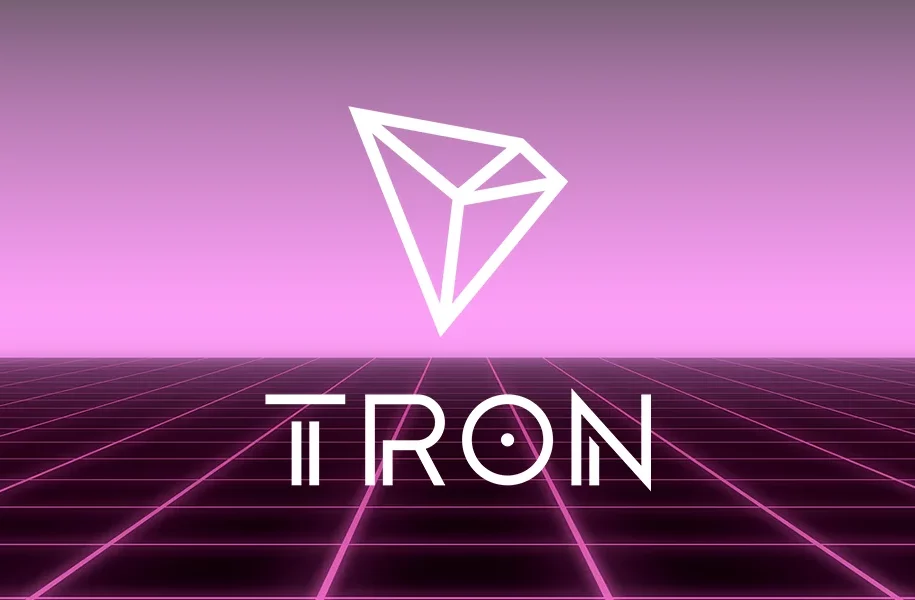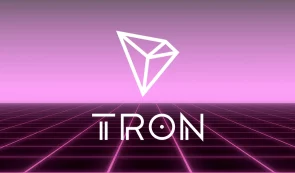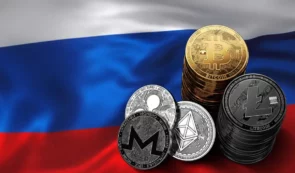Tron Emerges as a Crypto Hub for Militant Group Funding in Israel’s Security Focus

Israel has shifted its focus in combating the funding of Iran-backed militant groups like Hamas and Hezbollah towards a rapidly growing cryptocurrency network called Tron.
This network, quicker and cheaper than Bitcoin, has become a preferred platform for these groups due to its faster transaction times and lower fees. Financial experts and blockchain investigators note a rise in Tron‘s usage by designated terror organizations, replacing the previously favored Bitcoin.
Israeli security services have seized numerous Tron wallets connected to “designated terrorist organizations” or severe terror crimes, marking a significant shift from targeting Bitcoin wallets. Tron’s efficiency in transaction speed and stability is cited as a reason for this shift by experts. However, Tron’s spokesperson emphasized that while their technology could be used for questionable activities, they have no control over its users and deny direct links to the identified groups.
Israel froze a considerable number of Tron wallets this year, including those allegedly owned by Hezbollah and Palestinian Islamic Jihad, both involved in conflicts against Israel. Some individuals whose funds were frozen claimed innocence, citing their involvement in legitimate business or personal financial transactions. This shift to Tron follows Hamas’ announcement to cease Bitcoin fundraising due to increased donation prevention efforts.
Israeli agencies refrain from commenting on how they connected the Tron wallets to militant groups, while groups like Hamas, Hezbollah, and Islamic Jihad did not respond to requests for comments. The seizure of funds intended for “terrorist organizations financed by Iran” raised questions about Iran’s involvement, although there was no official affirmation from Israeli statements.
READ MORE: Bitcoin Targets $60K, According to Recent Price Prediction
Cryptocurrency transactions’ anonymity poses challenges in precisely tracing funds destined for proscribed groups. Law enforcement’s increased ability to trace Bitcoin transactions has allegedly pushed these groups towards Tron, which was initially less scrutinized by blockchain analysis firms. Tron’s lower transaction fees and usage of stablecoins for preserving crypto value make it an attractive alternative for these groups.
Despite Tron’s rise in facilitating these transactions, questions about the exact extent of its usage by these groups and the source of funding remain difficult to verify independently. The dominance of the stablecoin Tether within the Tron network further complicates efforts to trace and monitor illicit transactions.
















